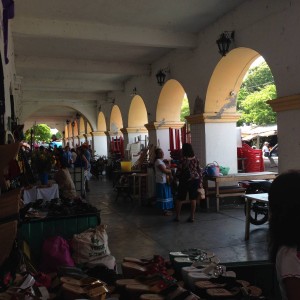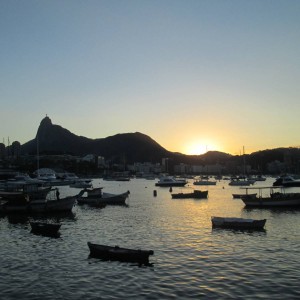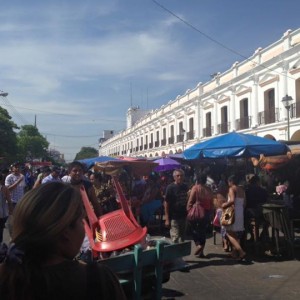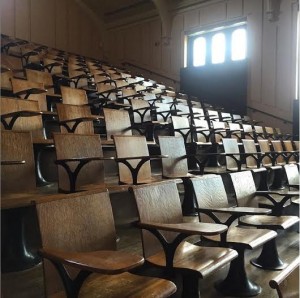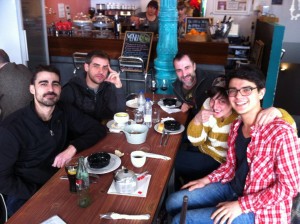It’s the beginning of a new semester, and I’m sure many students are asking themselves the same question I ask myself time and time again: How much can I realistically take on? Balancing academics and extracurricular activities is always delicate. And even though it feels particularly strained right now as I prepare to write my spring JP, I know how important it is to find time for what I love to do. The purpose of this post is not to provide some cure-all for your scheduling woes — because everyone works differently — but rather to talk about what has worked for me.
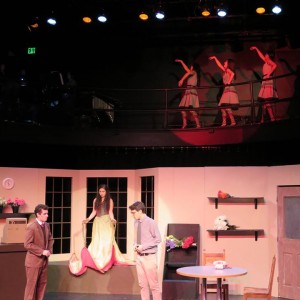
Most of my time outside of class is dedicated to theater. I have performed in many productions on campus and serve as the Princeton University Players’ Vice President. Beyond the immense joys I find in making theater, it has taught me how to effectively manage my time: an invaluable skill for big research projects. Since rehearsals often run late, I’ve had to learn to speed-read during 10-minute breaks and work productively during time off. Luckily, there is support in the struggle to get everything done. McGraw has resources to help us develop more effective time management strategies and to make our time more productive.
Continue reading The Eternal Struggle Between Academics and Extracurriculars


